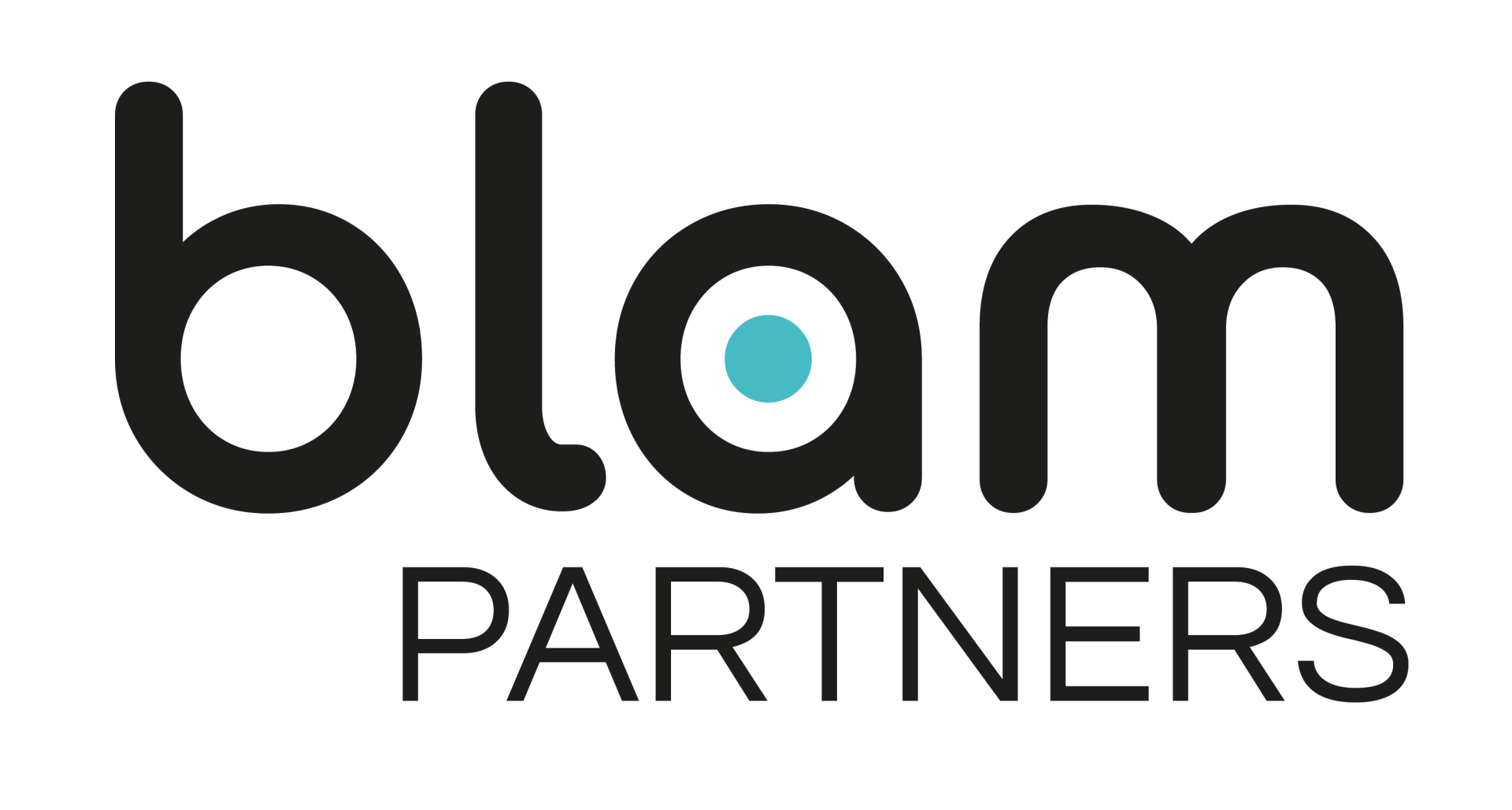GA4 Migration : The FAQs
What did you need to know about Google's latest tool?

From July 1st 2023, Google Analytics will change forever. The immensely popular Google Analytics 3 or Universal Analytics platform is set to be replaced with Google Analytics 4 and UA will no longer be tracking data from July 1st of this year. This has led to many businesses switching over to GA4 and then getting lost in what is quite a new and confusing system, especially for those quite familiar with the layout of Universal.
Amongst our partners, the same FAQs around Universal Analytics and GA4 migration keep coming up so we thought it would be useful to look at some of the most prevalent today from the main differences between GA4 and Universal Analytics as well as the new GDPR implications imposed by GA4 that you will need to be aware of.
As with anything new, GA4 is a platform that has caused a lot of panic in the digital marketing world but if you approach it with the right mindset and you know what to expect, you will be able to manage the GA4 migration process a lot better as well as make faster use of the new features GA4 offers.
What are the main differences between GA4 and Universal Analytics?
Quite a lot of the differences between GA4 and Universal are things that we previously didn’t use or were things we barely used, which is good.
- Bounce rate is gone and replaced with ‘engagement’ which feels more accurate and useful.
- Most of the reports feel neater and tidier.
- The general overviews feel easier to understand and use.
The best way I can sum it up is that UA feels like a professional version while GA4 feels a bit more entry level, with a lot of the data simplified and put into easy reports.
What is dual tagging? Will it save my historical data?
Dual tagging is a part of the GA4 migration process where you tag your site with both Universal and GA4 tracking codes. This is designed to provide your site with the best of both worlds and allow you to familiarise yourself with the new GA4 before Universal is shut down. It is important to note that dual tagging is not a long term solution and it will not save your historical data. The only way to permanently save your historical data is to export it from the platform and this makes year-on-year reporting more difficult.
What are the benefits of GA4 for my clients?
In terms of the benefits for clients, GA4 does appear to make reporting clearer and easier. You can export reports straight from google analytics and the setup appears to be a lot more suited around the Google Data Studio reports you can create. GA4 feels tailored more for convenience in that regard. This mostly benefits Package 3s and our own clients as it allows for more in-depth reporting while keeping it low on time consumption. You can even pull in graphs and tables which will be good for adding extra value and clarity to the reports.
What are the benefits of GA4 for suppliers (e.g. agencies/consultancies/freelancers)?
It’s far more streamlined than Universal. Conversion tracking seems easier to set up and google does a lot of it automatically. As mentioned above, pulling reports out of GA4 could be highly beneficial and save time while providing a more accurate service. Google can also recommend tracking and conversion events based on industry which will be useful as we get more familiar with the product. This mostly feels a bit more easy to use and it feels more active, Google offers a lot of recommendations.
What do I need to be mindful of when carrying out migrations?
Tagging seems to be easier than I thought with a similar system to that of UA. However, I tried this with an old client and it doesn’t seem to have worked. It’s something to look into further and it may take longer to start sending through data.
How do I stay in line with GDPR/ How does GA4 change GA and GDPR?
Technically, GA in any of its guises is not strictly gdpr compliant, mainly due to Article 14* and this was one of the main reasons for GA4’s development. GA4 was revised to ‘tick GDPR boxes’ by introducing the following functionality;
- Data deletion mechanism. Users can now request to surgically extract certain data from the Analytics servers via a new interface.
- Shorter data retention period. Webmasters can now reduce the default data retention period to 2 months by default (instead of 14 months) or configure a custom limit.
- IP Anonymisation. GA4 doesn’t log or store IP addresses by default.
*Article 14:
“The controller (the company) that intends to carry out a transfer of personal data to a recipient (Analytics solution) in a third country or an international organisation must provide its users with information on the place of processing and storage of its data”
However, GA4 is still not strictly GDPR compliant and while GA4 is still relatively new, the EU is constantly cracking down on data protection associated with Google Analytics so you need to be cautious of your responsibilities when it comes to data and know what you can and can’t do in terms of using that data. Most websites manage their obligations to GDPR by;
- Having a privacy policy clearly displayed and accessible on the website that explains if/how/where data is collected and used including data relating to browser behaviour and cookies (which can lead to the browser being retargeted with similar content from other sites, platforms and indeed Ads!)
- There is also a requirement for websites to request permission to save/use data in the event they should ever return to the website (i.e. a cookie / cached data) so it loads faster and the user can find/access info more easily). This is typically served by the pop up banner that you usually see on a website relating to cookies/data.
Now is a good time to start the GA4 migration process for you and your clients to GA4 as the new system is quite different from what you might be used to and it allows you to familiarise yourself with the new reports and the new conversion tracking as well as collect some historical data so that you can at least have some data before the big switch.










